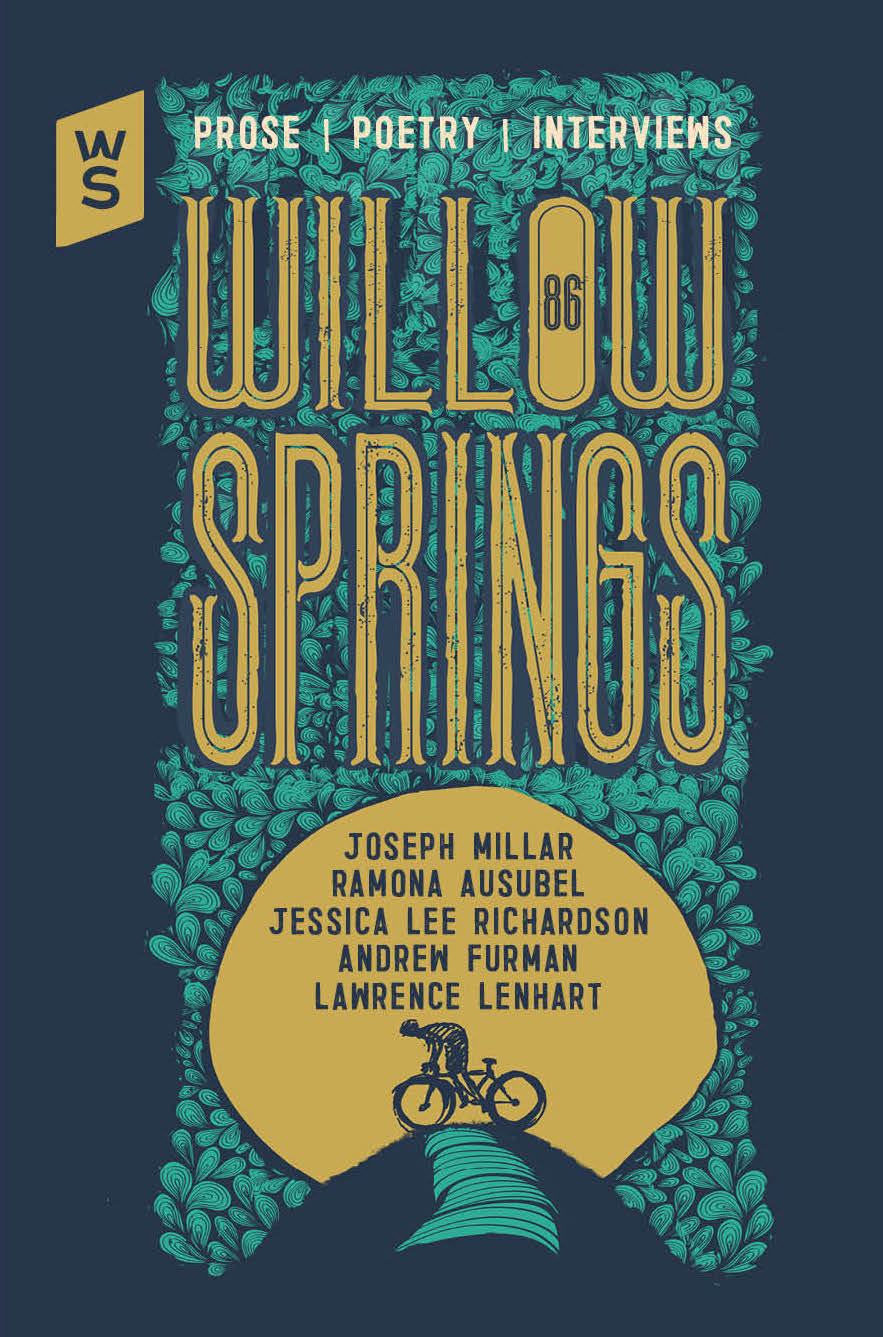
About Tom McCauley
Tom McCauley is a writer, comedian and musician whose work has appeared in Superstition Review, Leveler and What Rough Beast. His poem “People Are Not Lights” won the 2018 Joseph Langland Prize from the Academy of American Poets. In 2012 he scored Constance Congdon’s play “Tales of the Lost Formicans” for the Great Plains Theatre Conference, and in 2018, he was a writer-in-residence at the Kimmel Harding Nelson Center of Nebraska City. Currently, he works for the nonprofit AIM Institute and teaches contemporary literature at the University of Nebraska at Omaha.
In his spare time, he publishes These H1N1 Times, writes and records music in his basement, edits videos out of Cold War-era documentaries on farming and milk production, and thinks fondly of many people, especially his friends and bandmates from erstwhile post-rock outfit The Answer Team, which has a surprisingly large following in Brazil. Somebody look into that please.
A Profile of the Author
Notes on “Introductory Element Comma Independent Clause: A Study of the Moon and Bees”
This essay came out of an assignment from a creative nonfiction class I took a couple years ago with novelist Edie Meidav at the University of Massachusetts Amherst.
At the end of the semester, Edie had us draw the name of a fellow student from a hat. We then had to imitate that person’s style. Fortunately for me, I was assigned a brilliant colleague, Elle Davis, who couldn’t have been further from me stylistically.
Normally, my stuff is driven by the voice of someone who tends to wander around loudly. Someone who tries to neaten up the chaos of experience into a conventionally coherent, quasi-Aristotelian narrative while being chatty, allusive, and compulsively humorous at the sad parts. You know, like a jerk.
But Elle (pronounced “L”) could let in the raw-nerved, unfiltered sense-phenomena of the world with a kind of bright quietude. All-patient and all-noticing, unlike me, she didn’t need to complete every sentence. She could just collect lovely artifacts, stake them on the page, and make you feel like one whole person standing in a field, diminishing an apple.
Trying to write like her was an all-night freedom. I typed until dawn, puzzling together fragments that ultimately didn’t sound like her, but rather a different version of myself. I wasn’t hurrying toward punchlines, just patiently digging up various ideas, images, and semester-long inside-jokes about Roland Barthes, then clapping them together for the echo.
When the semester ended, I sold all my stuff and came home. I put the piece away and forgot about it. For no good reason this past January I unearthed the draft, felt the voltage-gated ion channels open up, and started revising it a hundred times until it buzzed, then let it go.
Music, Food, Booze, Tattoos, Kittens, etc.
I’ve been listening to Japanese indie punk band Eastern Youth a lot lately, especially their 2007 album 地球の裏から風が吹 (Blowing from the Other Side of Earth). The song “沸点36℃” ( “Boiling Point 36 Degrees Celsius”) just devastates me. It’s everything I could want from music, a beautiful, off-the-high-speed-rails freak out of fuzz guitar and off-kilter drums. The song utterly proves the universality of music. I can’t speak a lick of Japanese, but I know in my bones what Hisashi Yoshino is screaming about. The live version also has me in tears.
I listen to a lot of lo-fi hip-hop / beats to study to and other chill-out music like Nujabes and Driver. It helps for writing, making out, and not falling off the face of the world.
Simpsonswave still impresses me because I’m an idiot.
I’m never not listening to Sleep’s Dopesmoker. It took me six months to get into, but now that I’m into it, I’ll never leave. It’s a 63-minute long song everyone thinks is about smoking weed, and yes, that is what it’s about. But so much more, too. It’s the heaviest thing imaginable. Not heavy as in aggressive, but heavy like a big, warm, mountain mother reaffirming dry land for us, her sublime children of the sea. (For a better exegesis, read this letter from the Times.)
Finally, I’ve been listening to semiweekly dharma talks by this Zen monk from Michigan, Sokuzan Bob Brown. Every Wednesday and Sunday he gives these insightful, deadpan discourses about observing whatever arises in one’s mind without attaching to or judging it. He and the greater Zen tradition are a good antidote to COVID-19 anxiety, which reminds me: I’m also always listening to the audiobook of Shunryu Suzuki’s Zen Mind, Beginner’s Mind, lovingly read by ex-Sixties radical turned Ken Burns narrator Peter Coyote.


